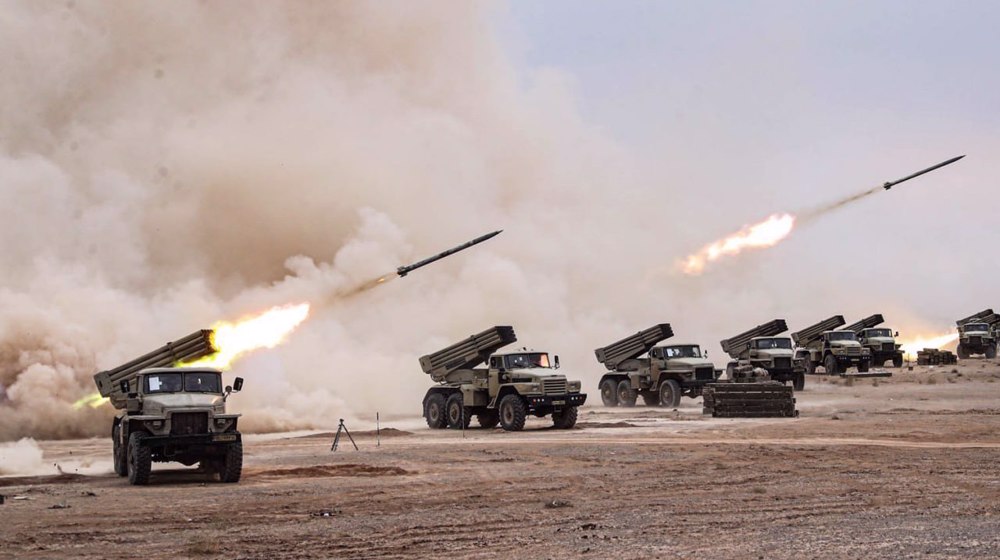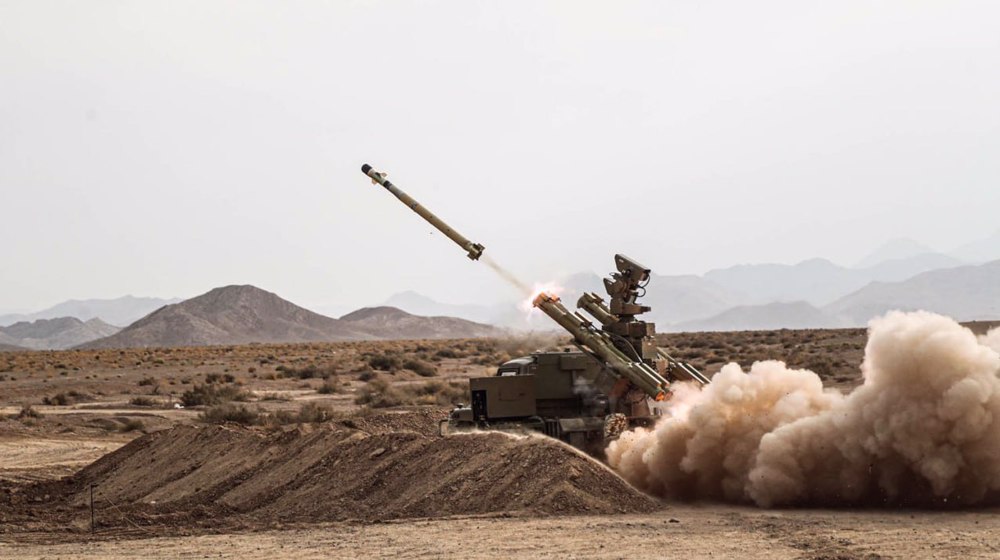The Iranian deputy foreign minister for political affairs, Ali Bagheri Kani, emphasized the need for Iran and Russia to fully harness their capabilities to promptly halt Israel’s assaults on vulnerable Palestinian civilians in Gaza and to provide humanitarian assistance to the besieged region.
He conveyed this message during a meeting with Deputy Secretary of the Russian Security Council, Alexander Venediktov, in Moscow on Friday. This plea comes as the Israeli regime persists in its relentless attacks on the defenseless population in Gaza for the past 21 consecutive days.
In response, the Russian security official pointed out that the United States is the fundamental cause of the ongoing distressing situation in Palestine.
Venediktov stated that the United States aims to provoke instability in the West Asia region by creating focal points of tension. He emphasized that the U.S. relies on gaining material advantages from the development of crises, suggesting that the leaders in the White House are not interested in enhancing regional stability and peace.
On October 7, the Palestinian resistance group Hamas initiated a significant operation against Israel, known as Operation Al-Aqsa Storm, in response to the increased violations by the occupying regime against the Palestinian population.
Since then, Israel has continued its intense bombardment of Gaza, resulting in a death toll of 7,326 in Gaza, including 3,038 children and 1,726 women. Additionally, approximately 18,967 Palestinians have been wounded.
Furthermore, Tel Aviv has imposed restrictions on water, food, and electricity to Gaza, causing a humanitarian crisis in the besieged territory.
Venediktov extended an official invitation to Secretary of Iran’s Supreme National Security Council, Ali Akbar Ahmadian, to visit Moscow and discuss the most recent developments in mutual, regional, and international matters.
Bagheri Kani visited Moscow on Thursday at the invitation of his Russian counterpart to engage in discussions regarding the conflict involving Israel in Gaza.
During his time in Moscow, he conducted talks with Mousa Abu Marzouk, a member of the Hamas political bureau.
Iranian Military Conducts Missile Exercises
The Iranian Army Ground Force conducts extensive military exercises, featuring the deployment of enhanced domestically produced missiles.

The Ground Force of the Islamic Republic of Iran Army has initiated the enhanced variants of a range of domestically-produced missiles as part of extensive military exercises in the central province of Isfahan.
In the primary phase of the two-day maneuvers, known as Eghtedar (Authority) 1402 and taking place in the Nasrabad region of the province, the Army Ground Force’s mobile assault units, armored divisions, and helicopter squadrons launched upgraded versions of Shafaq (Dawn), Almas (Diamond), and Dehlaviyeh missiles, successfully hitting designated targets at distances ranging from 8 to 20 kilometers.
Recently, the Army Ground Force equipped its M113 armored personnel carriers with Dehlaviyeh twin-arm laser-guided missile launchers. Iranian military specialists have increased the range of both the ground-launched and air-launched Dehlaviyeh missiles from 5.5 kilometers to 8 kilometers.
Furthermore, during the exercises, Iranian forces also tested the air-launched variant of the Shafaq missile. This missile is purportedly capable of transporting a 50-kilogram warhead at a maximum speed of Mach 2.2, with the ability to target and destroy objects within a 20-kilometer radius.

Furthermore, the Islamic Republic of Iran Air Force’s Bell 206 helicopters conducted nighttime combat missions. These helicopters patrolled the exercise area, conducted surveys, and relayed real-time information to the command and control center.
Additionally, Bell AH-1 Cobra attack helicopters launched air-to-surface missiles, effectively eliminating the simulated enemy positions with the aid of night vision systems.
Iranian military units regularly conduct planned exercises across different regions of the country to assess their weaponry and equipment, as well as to evaluate their combat readiness.





















































